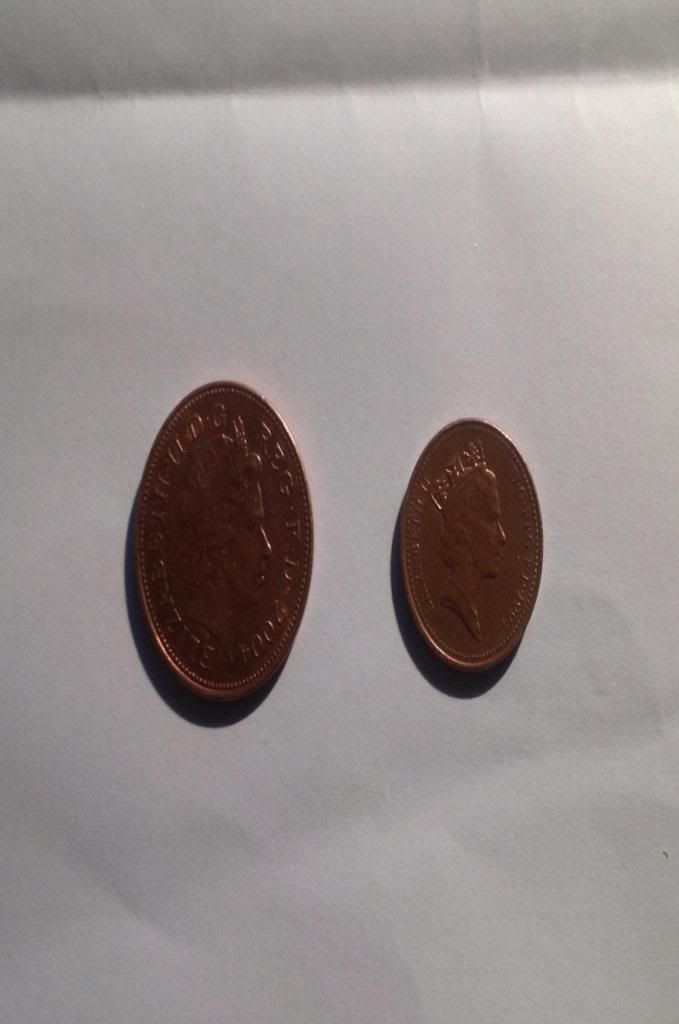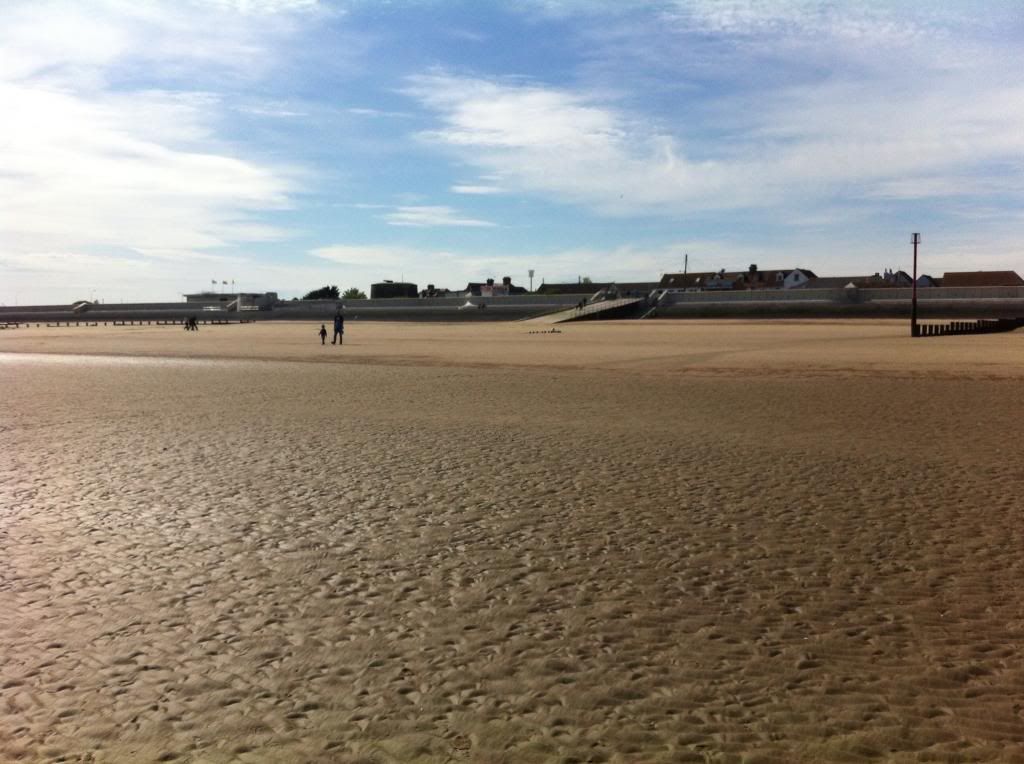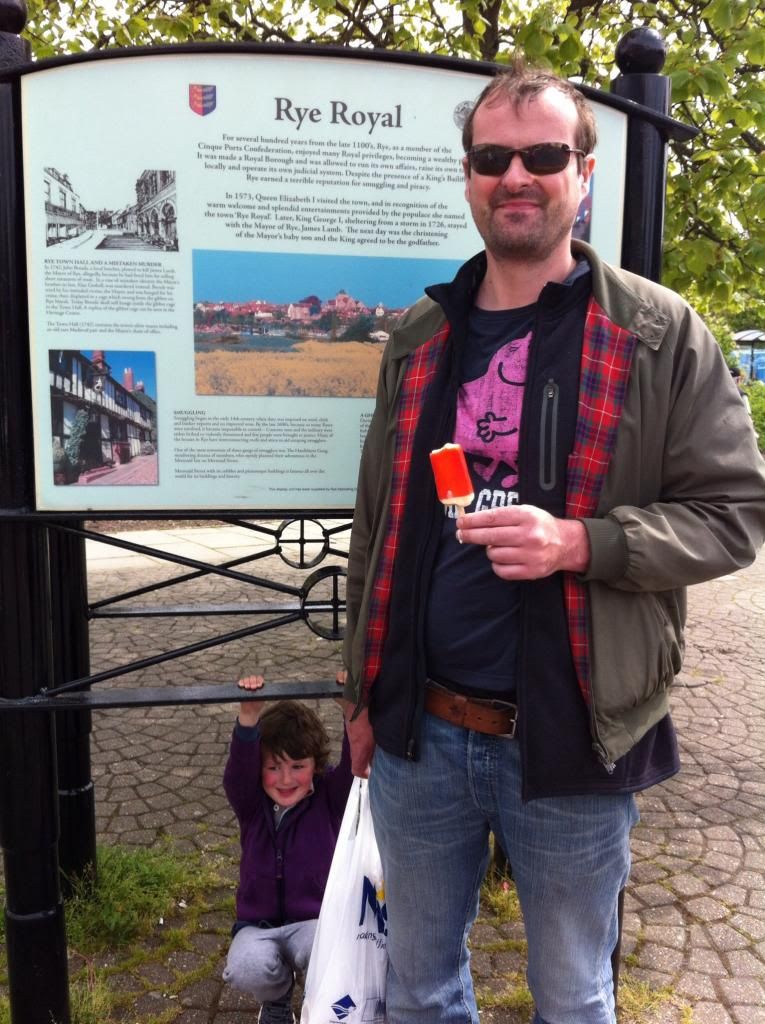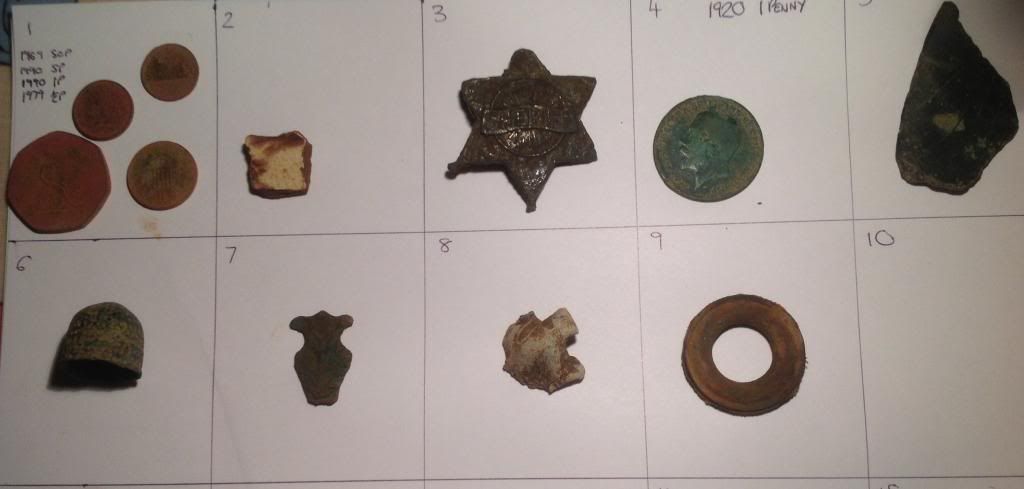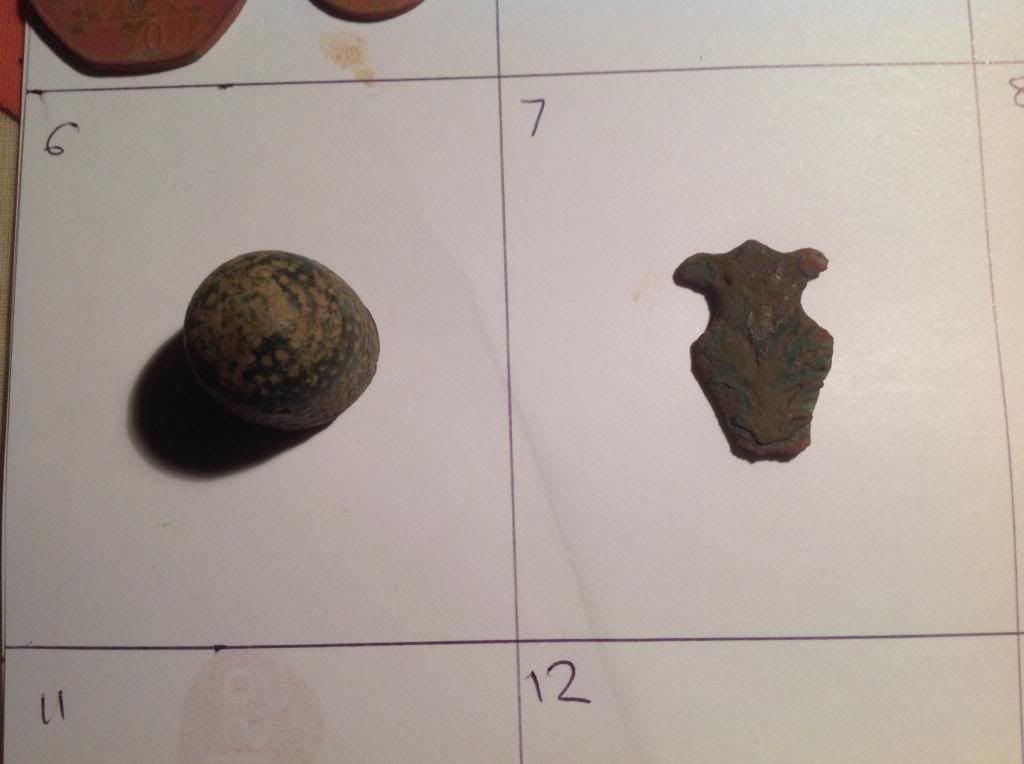Janner53 posted an interesting piece on a gentleman called Steven Walker who was unhappy with his £550 reward for a Bronze Age axe and 4 gold rings. Steven and the thought the valuation should be more.
[65] - [70] of
The Treasure Act Code of Guidance lay out the guidelines for the valuation of Treasure.
Janner's article was picked up by
Paul Barford and
The Modern Antiquarian.
For me Janner's article and subsequent discussions raise a number of points to consider (Mr Anonymous I am again considering the points not making one, there is a difference).
1. Why was there such a difference in valuations? The Treasure Valuation Committee came to a decision that was considerably lower than the finder and Suffolk Archaeology Service. I'm not saying this is right or wrong merely that it would be interesting to know the reasoning behind the decision. I understand the views that metal detectorists should be happy with anything they get, however as it stands this is not what the Code of Practice says at [65]
'...taking account of all relevant factors, to what may be paid for the object(s) in a sale on the open market between a willing seller and a willing buyer; '
Again and for the avoidance of doubt I am not saying he should have been paid more. I am merely interested to see how the decision was come as it would be interesting to know if there is any possible merit in the argument that the TVC are coming to lower Treasure Valuation decisions because they think that 'metal detectorists should be happy with anything they get.' which I do not believe can be considered a relevant factor as per [65] (happy to be corrected here).
If the Government / society isn't happy with the amount of money being paid out on Treasure finds then perhaps the Code should be adjusted appropriately. This is opposed to the TVC lowering rewards on the sly IF (very big IF) this is happening.
2. Are rewards entirely discretionary? Both Paul Barford and Nigel Swift make the point that detectorists should also be happy with anything they get because detectorists are not entitled to any reward. Paul says that rewards are 'entirely discretionary'. I have to say that when I first started detecting I thought that I was entitled to a reward.
Reading through the Treasure Act Code of Guidance and Treasure Act 1996 I think it is more a case of fettered discretion as entirely discretionary to me implies the SoS can do what they like, free from any constraints, when deciding when considering whether or not to pay a reward.
The Treasure Act states the following,
10 Rewards.
(2)The Secretary of State must determine whether a reward is to be paid by the museum before the transfer
(7)In a determination under this section, the Secretary of State must take into account anything relevant in the code of practice issued under section 11.
11 Codes of practice.
(1)The Secretary of State must
(a)prepare a code of practice relating to treasure;
(b)keep the code under review; and
(c)revise it when appropriate.
(2)The code must, in particular, set out the principles and practice to be followed by the Secretary of State
(a)when considering to whom treasure should be offered;
(b)when making a determination under section 10; and
(c)where the Crown's title to treasure is disclaimed.
This seems to show that the Secretary of State must take into account anything relevant the Code of Practice says before deciding whether to pay a reward.
[71] of The Code states that
The paramount objective in the payment of ex gratia rewards for finds of treasure is to encourage the reporting of finds and to ensure that there are adequate incentives to finders while at the same time discouraging wrong behaviour
This would seem something that the SoS should take into account when exercising his discretion.
Also [84] states that
...In making its recommendations, the Committee shall seek to find a balance between the objective of rewards to encourage the prompt and proper reporting of finds, and the need for rewards not in themselves to provide an incentive for illegal or improper behaviour
I have to say I didn't find 63 [7] very helpful when it said mentioned a 'right to reward' but maybe this was referring to the fact that at the stage the SoS would have come to a decision that a reward should be paid.
63 (7) If finders and anyone else with an interest in the find wish to waive their right to a reward on condition that the find is deposited in a particular registered museum, their wishes will be taken into account.
So it seems that I'm not legally entitled to a reward as I first thought, however it would seem that there would have to be a good reason for SoS to decide that I was not entitled to a reward (which could then be abated if I had say destroyed the find site). I wonder if the SoS has ever determined that a reward should not be offered.
